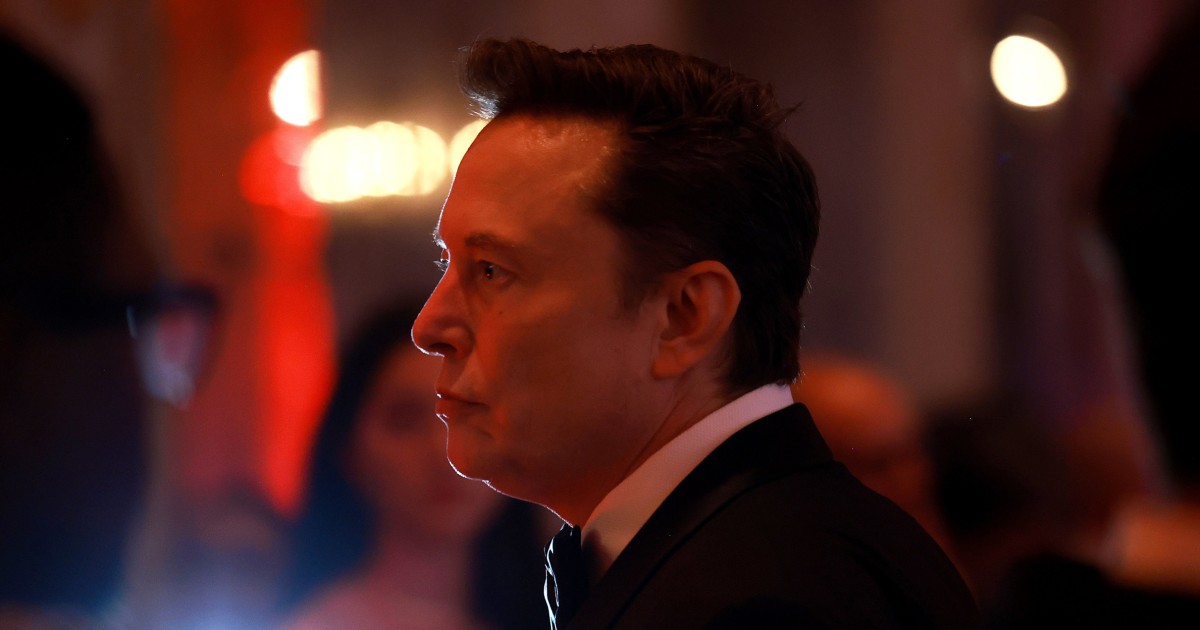Pink emu? Inside Australia’s kitsch pavilion for World Expo 2025

- by Admin
- November 22, 2024

The five-yearly Expo is on from April 13 to August 13, 2025, this time in Osaka, Japan and the Australia Pavilion is by one of the country’s oldest architecture firms, Melbourne-based Buchan, which worked closely with Indigenous cultural consultants Karrda on the project.
Lead architect Nataly Ernst says Buchan’s design is a celebration of Country and its importance to future societies, and reflects Australia’s Expo theme of “chasing the sun”.
The Australia pavilion harnesses “Australia’s unique natural beauty”.
“It’s an expression of Australia’s warmth, energy and optimism, and our diverse landscape,” says Ernst. “Buchan’s pavilion and exhibition design harnesses Australia’s unique natural beauty as a canvas for sharing our stories and culture.”
The premise of these quinquennial world events may have shifted from showing off inventions and technical achievements to engendering international dialogue – this year about sustainability. But the overarching theme – making sense of the world and its progress – remains. So too, architecture, a big part of world fairs since their inception.

Melbourne-based Buchan worked closely with Indigenous cultural consultants Karrda on the project.
Take the Eiffel Tower – it’s hard to imagine Paris without it. But if not for Expo, the 330-metre-high symbol of the City of Light might not exist.
Built for the 1889 Paris Exposition, the then tallest tower in the world was famously intended to be a temporary structure, but it proved so popular it stayed.
Likewise, London’s Crystal Palace was purpose-built for the very first iteration of The Great Exhibition of the Works of Industry of all Nations, as it was called when spearheaded by Prince Albert, Consort to Queen Victoria.
After relocation to South London from its original position in London’s Hyde Park, it burnt down and the area in which it was destroyed today bears its name.
The Latest News
-
November 23, 2024Perth onslaught exposes glaring Aussie absence; legend’s warning for ‘deflated’ Lyon — Talking Pts
-
November 23, 2024Tammy Hembrow marries reality TV star in stunning ceremony
-
November 23, 2024South African prodigy a PGA threat
-
November 23, 2024Round three tee-times – PGA Championship of Australia
-
November 23, 2024Australian PGA 2024: Cam Smith, Elvis Smylie and Marc Leishman book spots in dream final group – Australian Golf Digest





